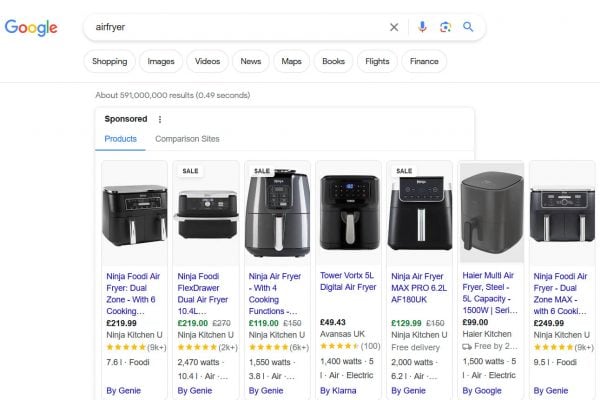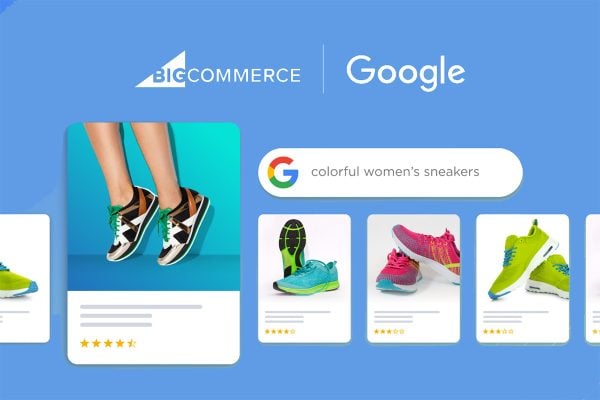Google, more specifically the Google Chrome team, are looking at better ways to find websites on the Internet and are considering the possibility of dumping URLs in favour of a more human friendly way to navigate to websites.
First we should consider what a URL actually is. A URL is a Uniform Resource Locator and is a way to locate information on the web. They were developed because humans aren’t very good at memorising numbers (which is what IP addresses consist of). Internet routers and Domain Name Servers (DNS) translate the URL into the IP address and routing information to display the website for you.
But another misconception is that URLs are simply website addresses – they’re not, they could for instance refer to various types of resource including: http, https, ftp, mailto, file, data, or irc.
Most people think that it’s something like ‘channelx.world’ and typing that into most browsers will indeed get you to Tamebay. That however is a relatively modern way to enter a URL and it relies on your internet browser filling in the missing information. URLs are in fact much longer.
https://www.channelx.world is the full URL for Tamebay and broken down it stands for hyper text transfer protocol secure world wide web channelx.world.
Interestingly, even Tim Berners-Lee, the inventor of the URL, wishes he’d made it simpler. The colon forward slash forward slash part was never really needed and harks back to early coding where a backslash was code for ‘go up a directory level’.
Browsers are already intelligent enough that you don’t have to type the https://www. part of a URL (so long as the webmaster configures their DNS correctly). What they can’t do is the final part which is to tell you if the website you want to access is a .com, .co.uk, .uk, .org, .org.uk, or any of a zillion other domains that a site could be hosted on.
Google Chrome see this as a problem because you can’t simply type in a webaddress without knowing that you’re going to end up on the correct site. For website owners it’s also an issue as they scrabble to buyer multiple domains so that it doesn’t matter if you type in channelx.world or tamebay.co.uk, you’ll still end up on the same website. Website owners don’t want to buy up every domain with their name in and this is what leaves opportunities for phishers to acquire similar sounding names or the same name on a different domain to hoodwink consumers into giving their information away.
Google haven’t any set ideas about how to change URLs, according to their interview in Wired. They simply know that URLs aren’t really working for most people, even with steps to simplify the way users type them in in recent years It’s also proving surprisingly difficult an issue to grapple with and know that whatever solution they come up with is going to be controversial.
Google aren’t shy about being controversial when it’s the right thing to do for consumers however, just as they led the way with the move from HTTP to HTTPS, they intend to lead the way with new URLs. Other browsers will surely follow as Google Chrome have close to a 60% market share of browser usage. If consumers get used to a new form of URL to access website on Google then other browsers will have to follow if they want to retain their following.









One Response
i think if URL’s weren’t so “difficult”, then google might have had a harder time becoming so big.
if you can’t remember (or can’t be bothered typing) a URL, you go to google.
– in fact i’ve never bookmarked tamebay, and just realised that’s exactly how i get here. every time. (shame face)
personally i find URL’s quite useful, not so much in the actually typing them to go places sense, but there are plenty of websites which are a bit broken, you can use the url as a clue, or get to places that are no longer linked. or spot when you’re being redirected somewhere you shouldn’t, little, useful thing i wouldn’t want to lose.
a lot of ‘modern’ websites turn the URL into mush, using it more for tracking you than as navigation, this kind of URL i would happily see relegated to history.